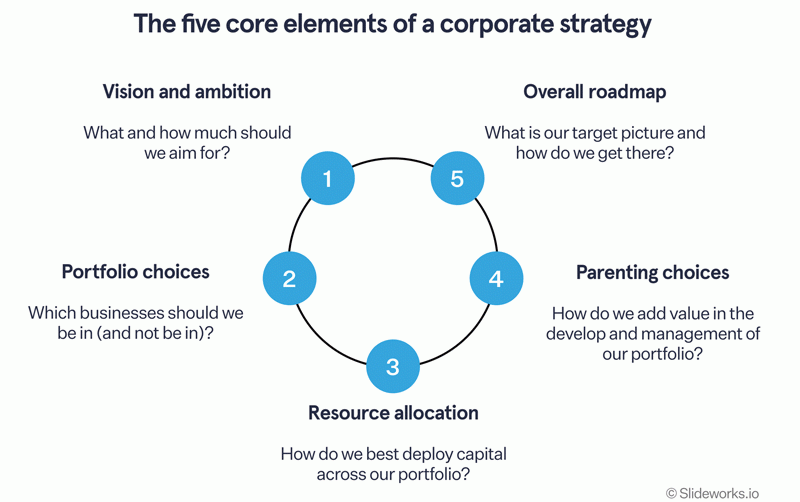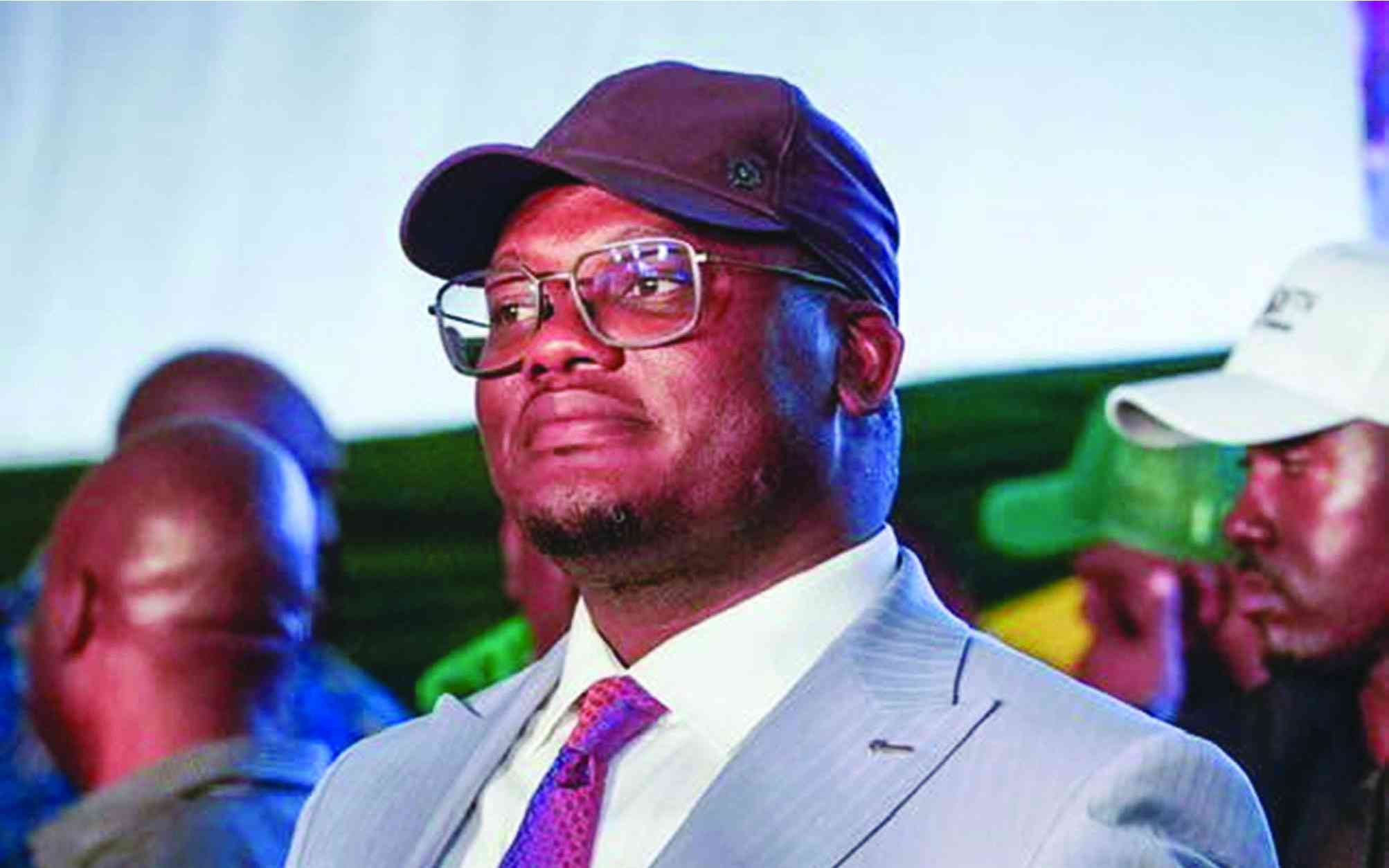
In every organisation, there exists an unspoken economy of courage. Some people spend it generously, at great personal risk. Others hoard it, trading honesty for safety and self-preservation. And increasingly, modern workplaces are revealing an uncomfortable truth: the price of voice is rising, while the market for silence is booming.
In jurisdictions across the globe, we like to romanticise the notion of speaking truth to power. Society celebrates whistle blowers in hindsight, not in real time.
We applaud ethical leadership in theory, yet often bristle when confronted with inconvenient truths within our own institutions.
The result is a culture where courageous voices are thinned out and quiet compliance becomes the currency of survival.
The hidden tax on honesty
Why does it feel dangerous to simply tell the truth? Why is the straightforward act of raising a red flag treated as a provocation?
First, most organisations are designed, by legacy or intent, to reward predictability. They thrive on routines, hierarchies and systems that keep work moving with minimal friction. A person who disrupts that rhythm by exposing flaws inevitably triggers discomfort. When someone points out a broken control, a strategic miscalculation, or unethical conduct, they destabilise a carefully managed equilibrium.
At that moment, leaders find themselves forced to either correct the issue or defend the status quo.
- Letters to the editor: PVOs Bill must be shot down
- KIFC eyes Zim financial sector
- New perspectives: Impact of tax policy on gender equality
- Scrap IMTT to save industry, govt urged
Keep Reading
Correcting it may require resources they might not necessarily have, humility they do not practice or confrontation they prefer to avoid.
Defending it, on the other hand, is often easier. And the quickest way to defend a flawed process is to discredit or side-line the person challenging it. In other words, the system itself quietly teaches employees that silence equals stability.
Second, speaking out violates the emotional biases leaders grapple with, such as, confirmation bias, optimism bias and the illusion of control.
Many leaders cling tightly to narratives that reinforce their competence and authority.
A dissenting voice, even a respectful and factual one, can feel like a challenge to their worldview.
Many people do not appreciate the truth.
They simply just want their worldview to be confirmed to be true.
Therefore, it is far much easier to treat the messenger as the problem than to interrogate one’s own decisions.
When this happens often enough, silence becomes self-reinforcing: people learn that the organisation may preach “openness” but punishes honesty.
They watch dissenters become isolated, mislabelled as difficult, uncooperative or not “aligned with the culture.” Before long, employees speak using euphemisms, vague signals and coded language rather than clear truth.
Third, modern workplaces are wired for short-termism. Metrics, KPIs, quarterly performance targets and incentive structures reward immediate wins. Raising concerns about ethical breaches or structural flaws rarely contributes to this quarter’s numbers.
Worse still, it may slow a project down, invite scrutiny or force a revision of plans. Nobody earns bonuses for highlighting risks. Yet many lose promotions for doing exactly that.
In such environments, long-term integrity becomes collateral damage in the race for short term results.
The silent organisation
Every workplace has a “silent middle”. This is the majority who see dysfunctional behaviour, poor decisions or moral compromises but decide it is safer not to intervene.
They are not malicious. Many are simply making rational choices within irrational systems. They weigh the benefits of speaking out against the very real costs: stalled careers, damaged reputations, strained relationships or even termination.
But silence carries consequences far beyond the individual. When silence calcifies into culture, organisations lose their ability to self-correct. Critical information fails to reach the people who need it most.
Projects move forward on shaky foundations. Ethical breaches accumulate like hidden cracks beneath the surface, invisible until the entire structure buckles. Innovation slows, mediocrity thrives and decision-making becomes divorced from reality.
Worse still, silence breeds cynicism. Employees learn their leaders value loyalty over truth and comfort over accountability.
This erodes trust in ways that no team building retreat can repair. And for younger generations present in the future of different workplaces, the message becomes painfully clear: integrity is admirable, but not advisable.
What is the long-term cost of this silence? A hollowed-out organisation kept afloat by people too afraid to say what everyone already knows.
Should one speak out?
The decision to speak up is rarely a moral binary. It is often a complicated weighing of values, responsibilities and risks. Some people speak up because they cannot live with the alternative. Others stay quiet because they cannot afford not to. Both positions are human. Both deserve empathy. But for those who choose to raise their voice, there are ways to do so strategically and constructively as follows:
Build credibility before confrontation: When someone has a track record of delivering results, their concerns are harder to dismiss as noise or negativity. Credibility turns dissent into stewardship rather than rebellion.
Use the right channels: Formal mechanisms such as, ethics hotlines, audit committees, internal controls, etcetera, exist for a reason. They provide structure, confidentiality and legitimacy. More importantly, they prevent leaders from claiming ignorance later.
Bring solutions, not just problems: Critique without remedy is too easily framed as obstruction. Offering data, alternative strategies or risk mitigations keeps the conversation grounded in progress, not conflict.
Build coalitions: There is safety and influence in numbers. A collective voice cannot be dismissed as easily as a lone one. Allies, whether peers, mentors or external advisors, provide perspective, protection and amplification.
Anchor to organisational values: A concern tied directly to a company’s mission, ethics charter or regulatory obligations becomes harder to trivialise. It shifts the narrative from personal preference to institutional obligation.
Consider indirect influence: Sometimes cultural change happens gradually, through policy revision, training, governance roles and persistence rather than direct confrontation.
Prepare for pushback: Speaking up can be noble, but it should not be naïve. Understanding one’s legal rights, having a contingency career plan or building a financial buffer is not pessimism but sheer prudence.
Integrity is more than speaking out
There is a tendency to equate integrity exclusively with public confrontation. But integrity also includes quieter forms: refusing to enable wrongdoing, making values-driven decisions or choosing transparency in small daily actions. Courage is not always loud. Sometimes it is the quiet refusal to look away.
Some of the most ethical leaders are not those who stage dramatic confrontations but those who work persistently, sometimes invisibly, to align actions with values, even when their efforts are unrecognised or misunderstood.
That kind of integrity shapes culture over time.
Yet the truth remains: leadership, at its core, is a trust based undertaking.
And trust falters in environments where truth is treated as treason.
Speaking out has a price
It is tempting to believe keeping one’s head down ensures survival. But history offers countless reminders that silence can bring down entire institutions, from corporations to governments to communities. When wrongdoing is allowed to fester unchallenged, the price is eventually paid by everyone, not just those who chose to stay quiet. Silent cultures produce spectacular failures such as, ethical collapses, financial scandals, reputational ruin and so on. They also produce environments where good people silently detach, disengage, and eventually leave.
The cost of voice may be high. But the cost of silence is catastrophic. Healthy organisations understand this. They welcome dissent as a form of quality control. They treat truth-tellers not as threats but as custodians of long-term value.
They build cultures where raising concerns is seen as loyalty in its highest form, not sabotage.
In such environments, courage is not punished, it is cultivated.
Ndoro-Mkombachoto is a former academic and banker. She has consulted widely in strategy, entrepreneurship and private sector development for organisations that include Seed Co Africa, Hwange Colliery, RBZ/CGC, Standard Bank of South Africa, Home Loans, IFC/World Bank, UNDP, USAid, Danida, Cida, Kellogg Foundation, among others, as a writer, property investor, developer and manager. — @HeartfeltwithGloria/ +263 772 236 341.











